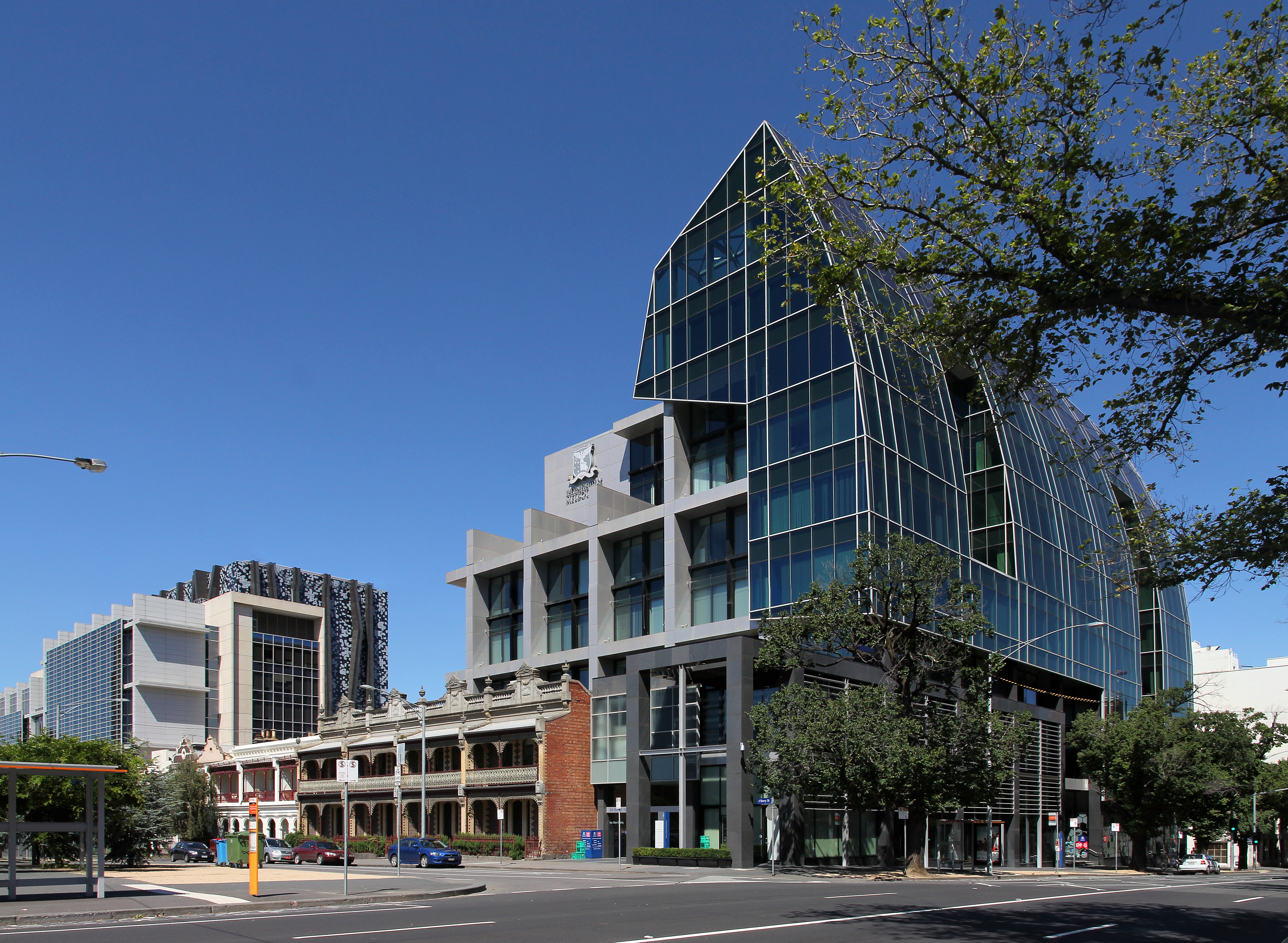Connectomics is a burgeoning field and whether you're a psychologist interested in understanding the neural basis of cognition, a neuroscientist seeking to understand brain network organization in health and disease, or a physicist seeking to understand how network science can be applied to the brain, the Australian School on Connectomics aims to provide an introduction to the area to get you going with your own analyses. Studying brain networks requires proficiency in new computational tools and an understanding of concepts from graph theory and network science. This three-day school aims to provide an introduction to the fundamentals of these tools and concepts. Our objective is to equip you with practical skills to build, visualize and analyze brain networks.
Sessions are presented by internationally recognized experts in connectomics from Australia and abroad.
Content: Topics covered include: building structural and functional connectomes, connectome visualization, connectome inference, connectome dynamics, causal models, network communication, efficiency, modularity, hubs, centrality and rich clubs.
Level: The school is designed for researchers and graduate students seeking to learn practical skills in connectomics and to acquire familiarity with processing pipelines and connectomic software. Material is introductory and targeted at beginner level. Basic programming experience is advantageous but not essential.
Format: The school incorporates ten didactic sessions that cover some of the hottest topics in connectomics. Most sessions are structured to comprise two parts: introductory lecture on background and theory, followed by practical demonstration of some of the latest connectomic software tools and data processing pipelines.
Venue: Alan Gilbert Building, The University of Melbourne
Dates: Wednesday May 30, Thursday May 31, Friday June 1, 2018
Organizers: Andrew Zalesky and Alex Fornito, with support from the University of Melbourne, Centre for Integrative Brain Function and Monash Institute for Cognitive and Clinical Neurosciences.
Photos from the 2018 School
Photography courtesy of Dr Ye Tian. More photos (high resolution).
Participant feedback:
"Incredibly well-organized workshop. Excellent learning material. Catering was fantastic."
"The food was amazing! I also really liked the structure of the sessions - the breaks were well timed. The content was really well presented, building on the previous lectures linearly."
"Great balance between mathematical and computational background, and practical applications giving a comprehensive understanding of techniques discussed. Thank you!"
"Extremely useful topics covered and practical material really helps to get started with analysis in a real way!"
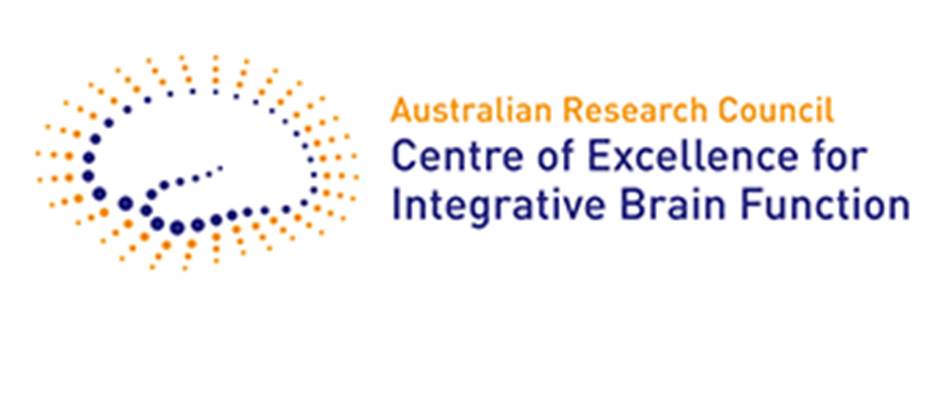
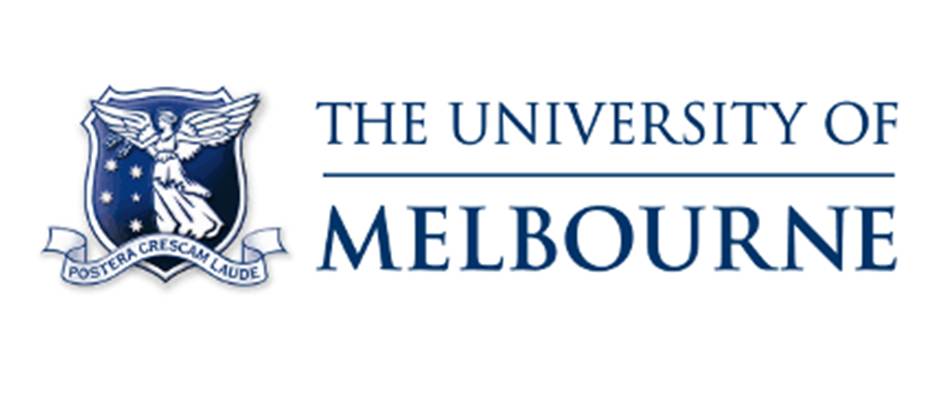
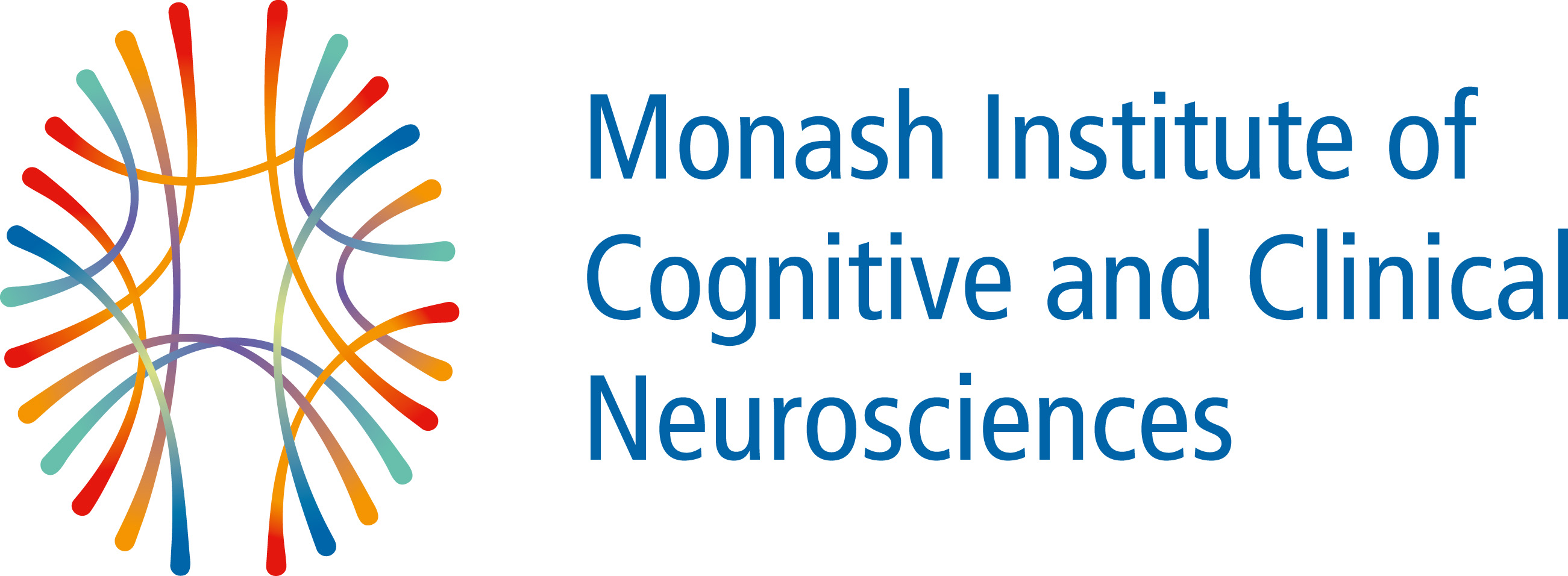
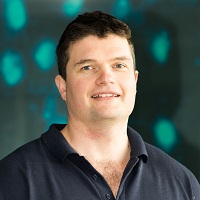
University of Melbourne

Monash University

Queensland Institute of Medical Research

University of Texas at Austin

Florey Neurosciences
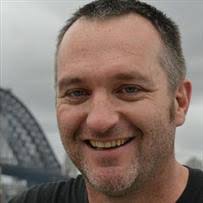
Queensland Institute of Medical Research
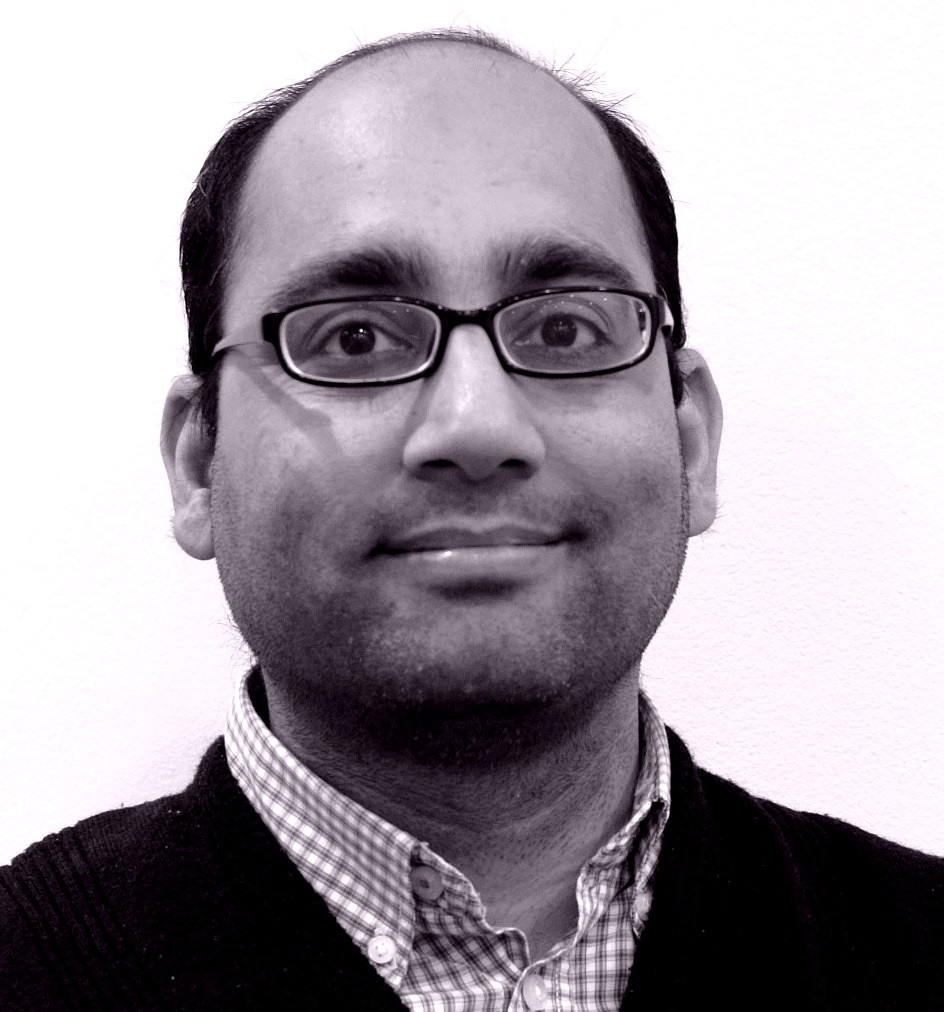
Monash University

Florey Neurosciences

Assistant Organizer

Assistant Organizer
All places have now been filled! Registration is closed.
Registration for the Australian Connectomics School is $150AUD per person (early bird rate).
Registration after March 31 is $200AUD per person (normal rate).
Lunch and morning tea are catered on each day. Registration for single days of the school is not available. The registration fee is not refundable and does not include accommodation.
Places are limited! Registration will close as soon as all places are filled. Places will be assigned on a first come, first served basis.
Register HereConfirmation of your registration will be sent to you via email within 1 week of registering.
We have secured a heavily discounted registration rate through generous support provided by the University of Melbourne, Centre for Integrative Brain Function and Monash Institute for Cognitive and Clinical Neurosciences.
For queries about registration, contact Andrew Zalesky.
Each of the three days comprises a series of sessions organized around themes that are fundamental to connectomics. Most sessions are 90 minutes in length and generally comprise an introductory lecture followed by a practical demonstration.
Check out the full programme for further details.

Day 1 begins with an introduction to connectomics. You will then learn how to build MRI-based functional and structural connectomes with the latest software pipelines. A primer on MATLAB and the Brain Connectivity Toolbox is provided as an option at the end of the day.

Day 2 focusses on tools to compare and visualize connectomes. The latest tools to visualize and statistically compare connectomes between groups of individuals will be demonstrated. The day concludes with an advanced session on dynamic causal modeling.

Day 3 focusses on graph-theoretic analyses of connectomes. You will learn about hubs, centrality, rich clubs and network modularity. Demonstrations of how to compute these measures will be provided. The day includes an advanced session on brain network dynamics.
Course material, lecture slides and the Programme and School Information Booklet are only available to registered participants. If you are a registered participant and do not have credentials to visit the password-protected page, please contact Andrew Zalesky.
Many of the practical demonstrations are based on MATLAB and toolboxes developed for MATLAB. If you are new to MATLAB, consider completing the MATLAB Onramp course before the School. This a free, two-hour introductory tutorial on commonly used features and workflows in MATLAB. We will also provide a very brief MATLAB primer (optional) on the first day of the School.
Other connectomics software, computational tools and other resources that may be of interest:
The school will be held on Level 3 of the Alan Gilbert Building at the University of Melbourne. The university is about 30-40 minutes by car from Melbourne Airport and a short tram ride to the Melbourne CBD. The address of the Alan Gilbert Building is: 161 Barry Street, Carlton South, Victoria, 3053
Note that the two main streets that provide access to the venue are permanently closed to vehicular traffic due to major tunnelling and roadworks. Vehicle access to the Alan Gilbert Building is only via Berkeley Street. The closest drop off point is the corner of Berkeley and Grattan Streets.
